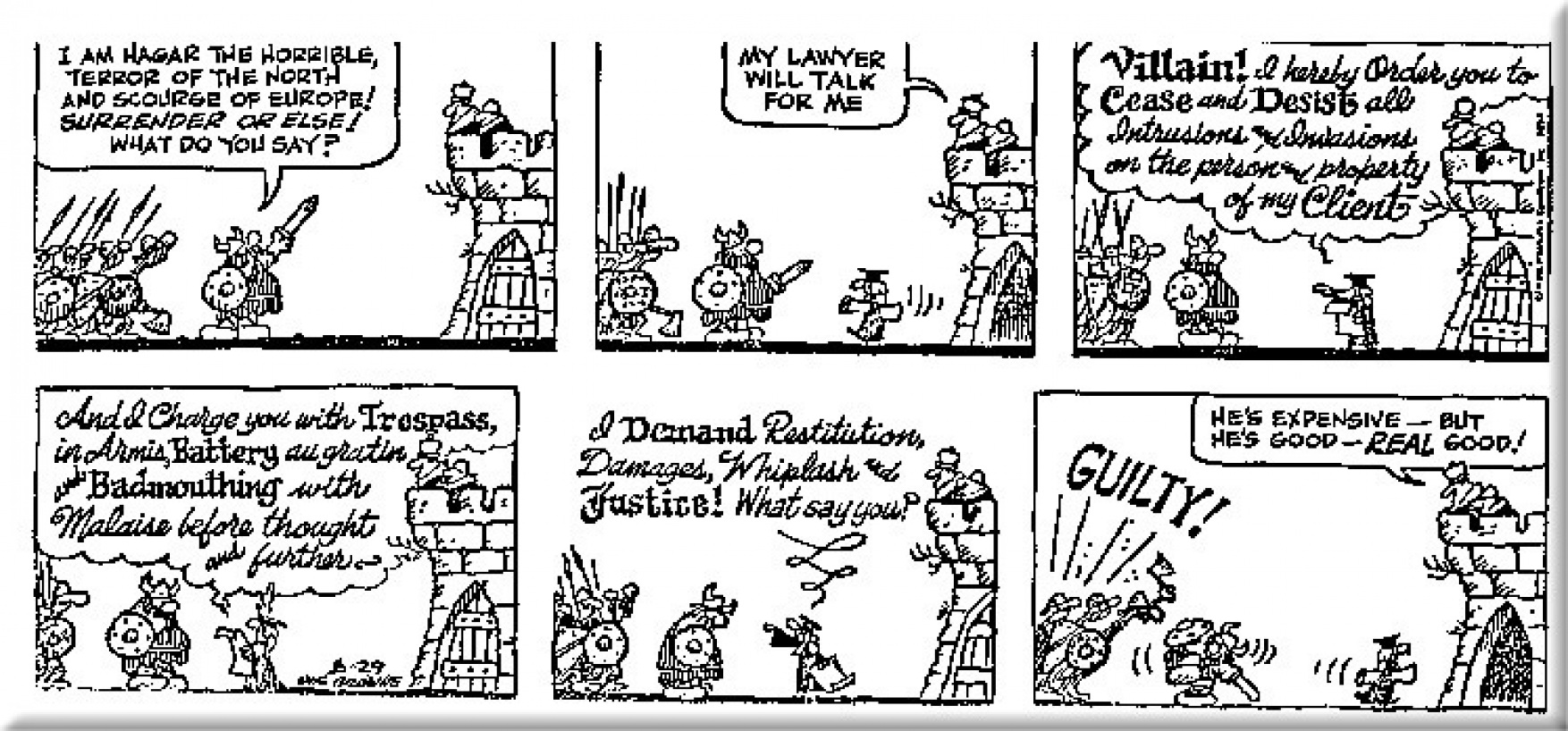Chris Trower has wide-ranging experience in tax litigation, tax planning, and business transactions. That experience includes representation of entrepreneurs and both public and private companies in corporate, partnership, and tax matters, including acquisitions/divestitures, venture capital investments, succession/transfer plans for family enterprises, general corporate/partnership and securities matters, and tax planning and tax disputes.
Chris ran sub-2:50 marathons and played "B" level tennis before taking up golf. Chris shoots in the low 80's on good days. On bad days, he takes consolation in cooking, playing bridge, and expanding his library of detective and science fiction novels.
Board Of Service
Chris served as lead independent director of Per-Se Technologies, Inc. (PSTI), the nation's largest provider of healthcare business management outsourcing services, prior to its acquisition in early 2007 by McKesson Corporation. During the ten years 1997 --- 2007, Chris served as a director of Per-Se and as a member of its Audit, Compensation, Corporate Governance (chair) and Regulatory Compliance (chair), committees. From 1991 to 1996 he chaired the Board of Directors of the Gaines Center for the Humanities at the University of Kentucky.
Education
Prior to entering the private practice of law, Chris served as Assistant to the Director of the Kentucky Crime Commission, and as Law Clerk to former Chief Judge Elbert P. Tuttle of the United States Court of Appeals for the Fifth Circuit. He graduated from Harvard Law School (J.D., cum laude, 1976), where he was Articles Editor of the Harvard Law Review, and received his undergraduate degree from Yale University (B.A., magna cum laude, 1970). He attended Oxford University as a Rhodes Scholar.
Business Transactions
Typical recent partnership/LLC transactions include family limited partnership structure and finance work, and the design of investment LLC’s for unrelated co-owners to acquire operating businesses or portfolios of equity investments.
Typical recent corporate matters include acquisitions of privately held companies engaged in the steel tube manufacturing and modular kennel/access fencing businesses; and the divestiture of a resort hotel and marina business by unrelated co-owners.
Teaching
Chris served as lead independent director of Per-Se Chris taught corporate tax in Emory Law School’s graduate LLM program, as well as partnership law and partnership tax at the University of Louisville School of Law. He is the author of the treatise Federal Taxation of Bankruptcy and Workouts (Warren, Gorham & Lamont), and co-authored The Drafting of Partnership Agreements (7th ed. ALI/ABA).
Supreme Court Advocacy
Chris argued and won Kentucky Dep’t of Revenue v. Davis, 128 S.Ct. 1801 (2008), in the Supreme Court of the United States. The case upheld the constitutionality of the tax laws of more than 40 States which do not tax interest income on their own municipal bonds, but do tax the interest paid on bonds issued by sister States.
Davis directly affected the tax treatment of approximately $2.4 trillion in municipal bonds outstanding nationwide, and saved the States an estimated $3.0 billion in tax refund claims. Unfortunately, Chris had not been retained on a contingent fee basis.
* Audio of oral argument in the Supreme Court. - click here
* Transcript of oral argument in the Supreme Court. - click here
* Opinion of the Supreme Court. - click here
* Brief for Petitioners. Reply Brief for Petitioners. - click here
THE DANGEROUS PRECEDENT
The Principle of the Dangerous Precedent is that you should not now do an admittedly right action for fear you, or your equally timid successors, should not have the courage to do right in some future case, which, ex hypothesi, is essentially different, but superficially resembles the present one. Every public action which is not customary, either is wrong, or, if it is right, is a dangerous precedent. It follows that nothing should ever be done for the first time." F.Cornford, Microcosmographia Academica 15 (1908)
THE SIMPLE ANSWER
"Some say this very rare and elusive breed no longer exists, and yet, searches for a Simple Answer still do frequently occur. An enormous amount of time is spent and reams of data are combed over looking for the Simple Answer. Paradoxically, these expeditions often are very complex. Conditional answers, surrounded by Ifs, Wherefores, and Buts, are much more abundant. Perhaps the evolutionary process has had its impact." W. Zikmund, A Corporate Bestiary 22 (1985)
THE IMPORTANCE OF LEGAL KNOWLEDGE
“[W]hen the law draws a line, a case is on one side of it or the other, and if on the safe side is none the worse legally that a party has availed himself to the full of what the law permits.” Bullen v. Wisconsin, 240 U.S. 625, 630 (1916) (Holmes, J.)
“We may admit that this case is near the line. . . . The fact that [the taxpayer] desired to evade the law, as it is called, is immaterial, because the very meaning of a line in the law is that you intentionally may go as close to it as you can if you do not pass it.” Superior Oil Co. v. Mississippi, 280 U.S. 390, 395-396 (1930) (Holmes, J.).
